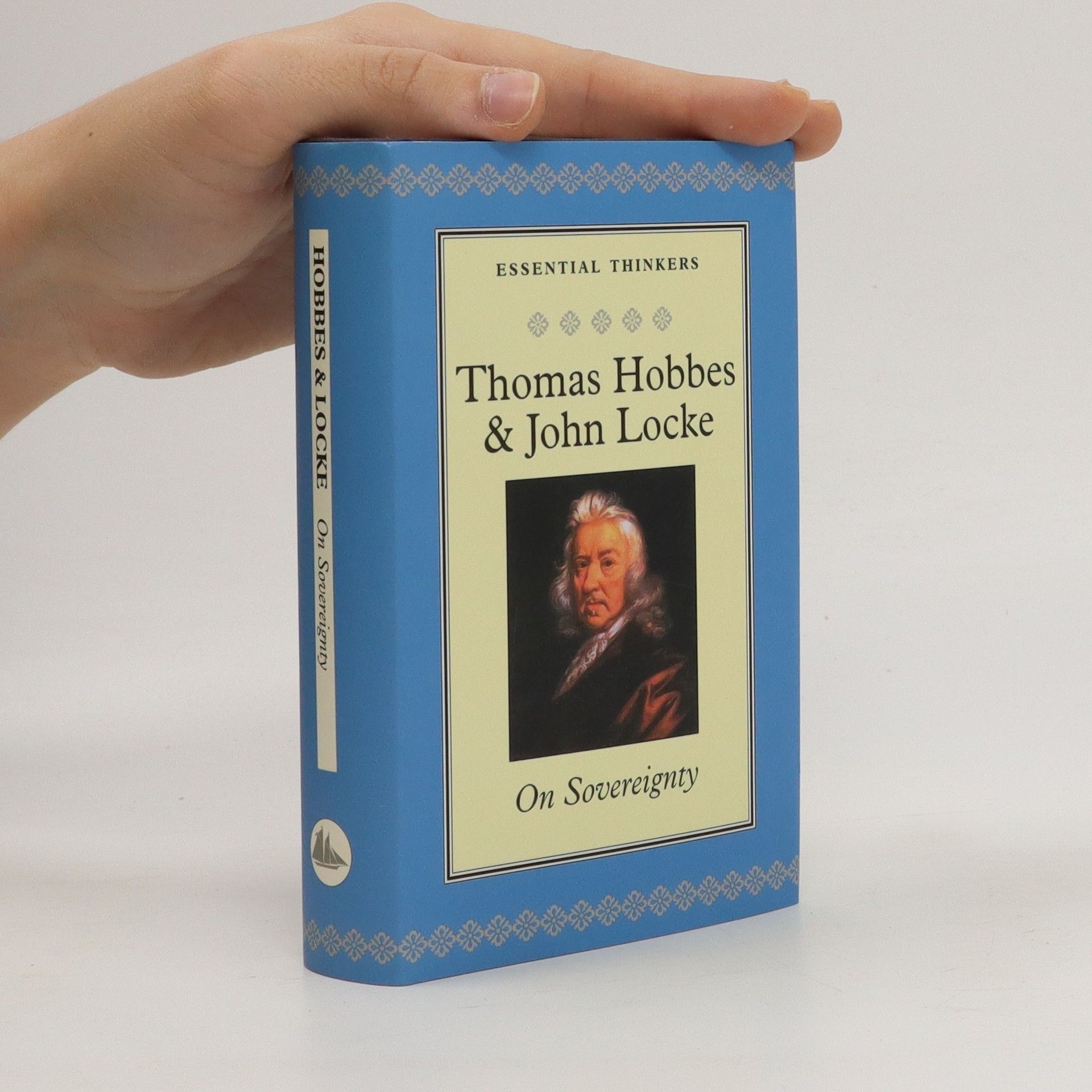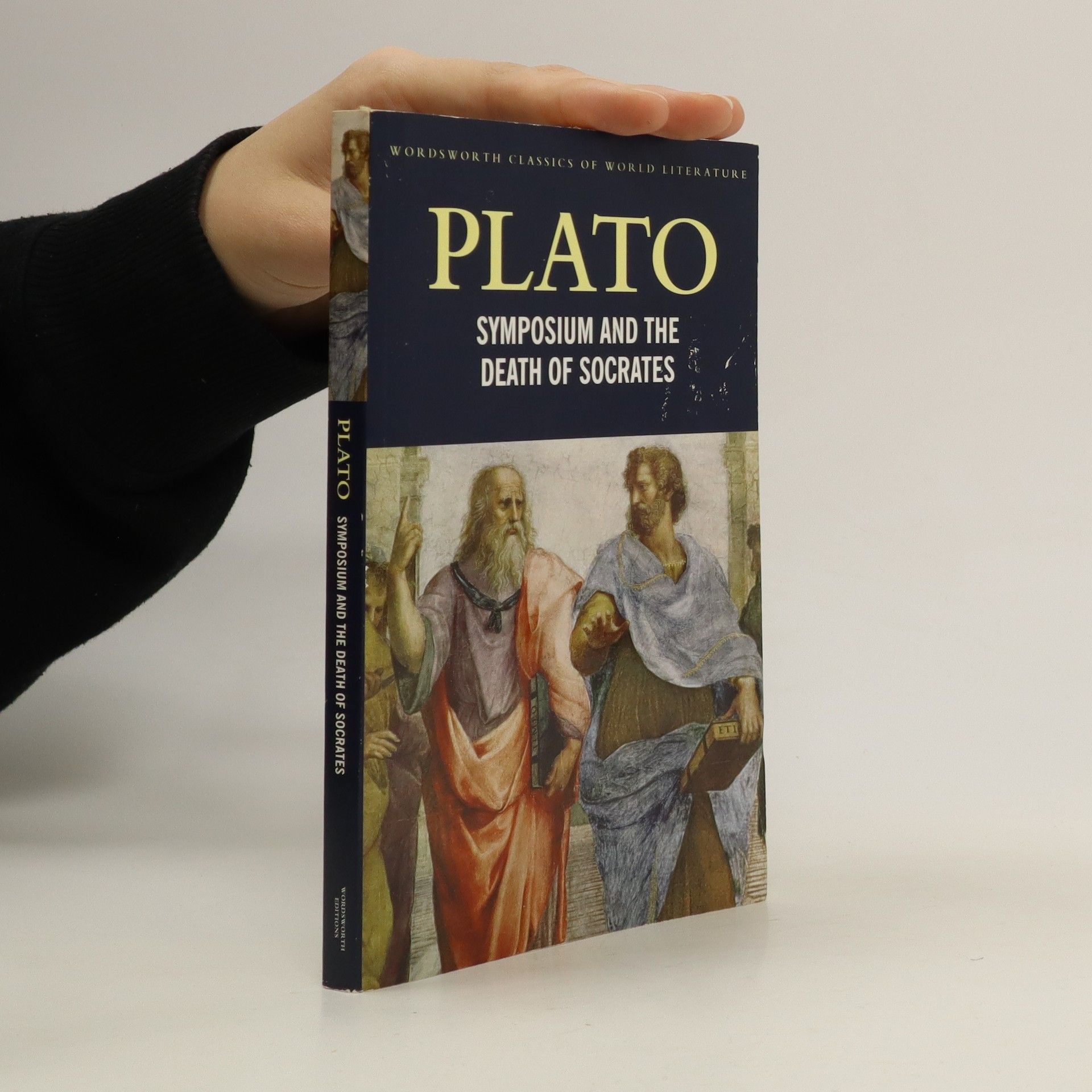"Symposium" gives an account of the sparkling society that was Athens at the height of her empire. The other dialogues collected here under the title "The Death of Socrates" tell the tale of how Socrates was put on trial for impiety, found guilty and sentenced to death.
Tom Griffith Livres


Thomas Hobbes, the royalist, is above all famous for his 'social contract theory', the appeal to the agreement that would be made among rational, free, and equal persons. His conclusion - that we should submit to the authority of an absolute and unlimited sovereign power - may not have found many followers, but his analysis remains unchallenged. John Locke, by contrast, was a parliamentarian. He argued that sovereignity resides with the people, and that the state is supreme only when bound by civil and natural law. It follows that revolution is not only a right, but sometimes an obligation. He was a strong supporter of religious freedom, and of a system of checks and balances in government. Many of his ideas were later embodied in the US constitution.